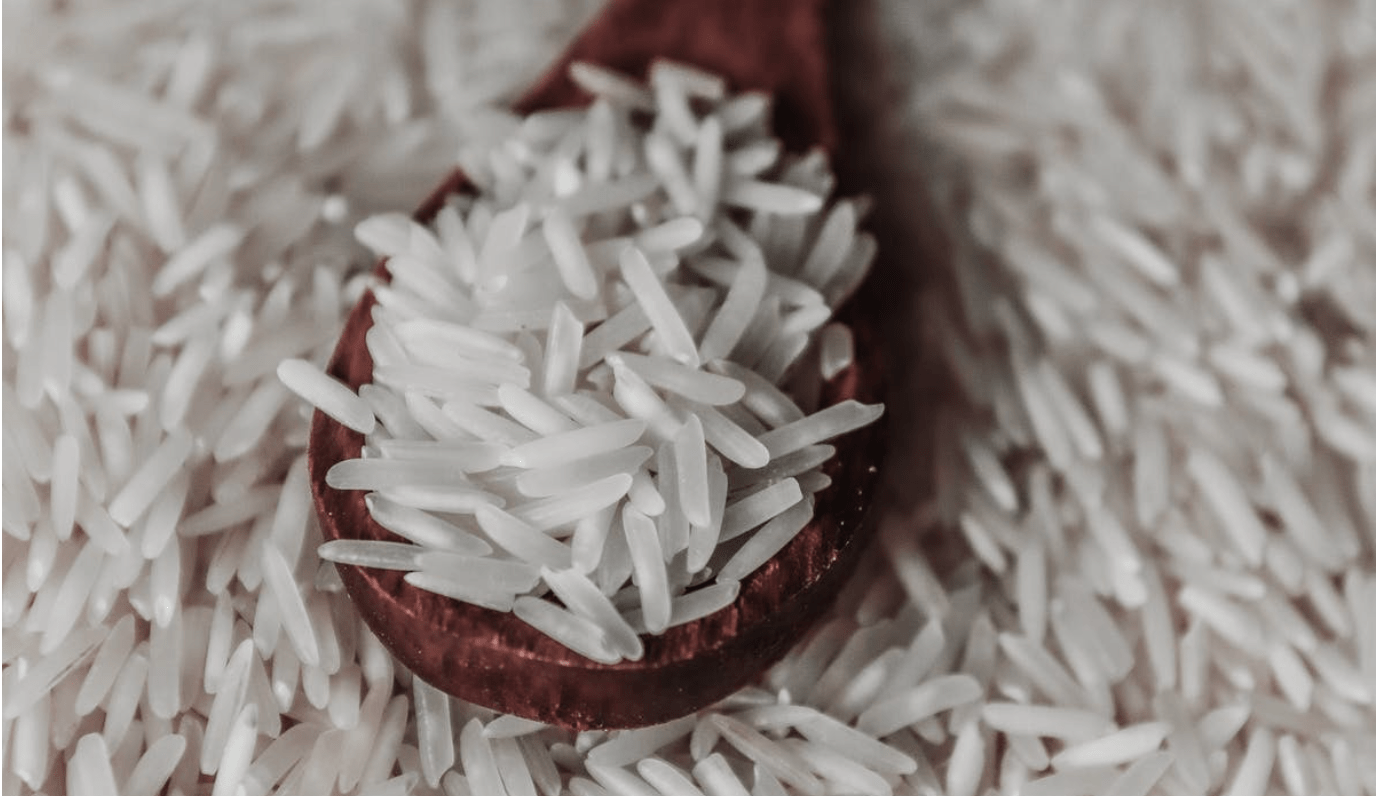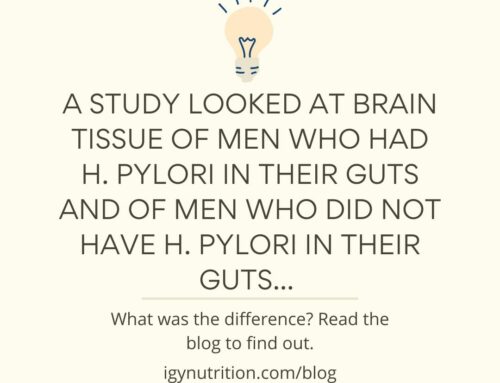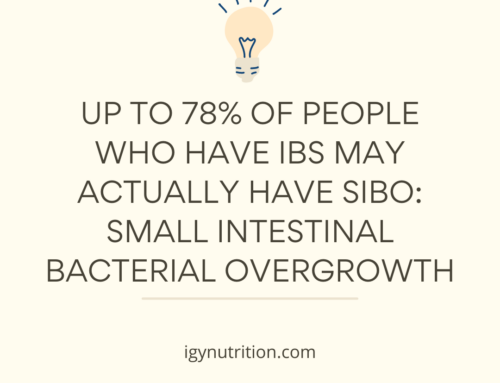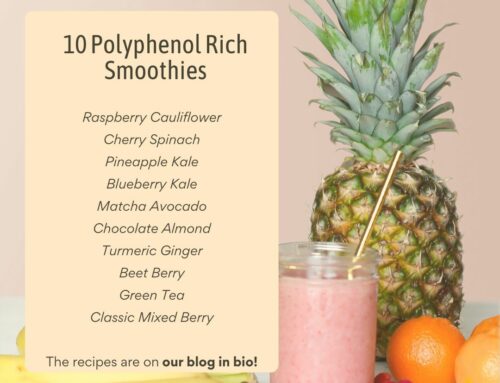Everyone hates feeling bloated. Do you find yourself ditching your new jeans for sweatpants? Not sure whether to eat more or nothing at all? We’ve been there.
Read part one of this blog series to learn the difference between bloating and distention, what causes distention, and which diets may mitigate it.
Recap: Are You Bloated or Distended?
“Bloating” and “distention” are often accidentally interchanged.
Bloating technically refers to the state of holding on to more water than usual. You might feel “puffy,” swollen, or inflamed if you’re bloated. Bloating can make your waistline and cheeks seem a little flabbier than they typically are.
Distention refers to abnormally significant enlarging of the gut due to gas, pregnancy, or constipation (hint – gaining weight over time does not count as distention). Distention often varies in severity throughout the day or week.
Women often experience some bloating during certain portions of their menstrual cycles (hello, periods). Everyone experiences bloating from time to time – it’s normal, especially after consuming high-sodium foods.
But significant distention, however, is not normal. Sure, after Thanksgiving dinner, you might be slightly (emphasis on slightly) distended. But needing to change pants or looking like you are several months pregnant is a sign of gastrointestinal distress.
If you experience distention frequently, it’s time to check your gut health.
Why Distention Occurs
Feeding harmful microbes foods that they can ferment – aka, foods they can eat and produce gas from – may exacerbate distention and propel the dysbiosis you already have (1).
Therefore, diets that minimize fermentable food intake may improve symptoms of distention (1).
However, please note that if you are experiencing these symptoms, it is crucial to work with a healthcare professional who is educated on the gut microbiome to adequately and healthily overcome your condition.
Cedars Sinai Diet
One of the best diets for people who struggle with distention is the Cedars Sinai diet. The diet was developed by a leading SIBO and gut microbiome researcher, Dr. Mark Pimentel (2).
It is also called the “low-fermentation diet” because it recommends foods that are not easily fermented by microbes living in the gut (2).
This diet may improve symptoms of distention. It is not a cure-all, but knowing which foods ferment in the gut can be valuable information when attempting to reduce symptoms.
The diet requires that you limit or cut out (2):
- Fructose, a sugar found in fruit and milk products
- Table sugar
- Fake sugar, sweeteners, and additives
- Gluten, oatmeal, and brown rice
- Legumes (lentils, beans, peas)
- Cruciferous vegetables (brussel sprouts, broccoli, cabbage, etc.)
- Reduce fiber intake to under 25g per day
It asks that you prioritize your intake of (2):
- Easy-to-digest carbs, like:
- White rice
- White potatoes
- Healthy fats
- Nuts, avocados, healthy oils such as coconut oil, avocado oil, and olive oil
- Proteins such as:
- Fish
- Poultry
- Red meat
- Eggs
- Vegetables that are easy to digest (cook them if you can)
- Asparagus
- Spinach
- Mushrooms
- Peppers
- Avocado
- Beet
- Berries
- Other fruits are a no-go
Try this diet out to reduce your distention. Stay hydrated and consume the same amount of caffeine you usually do while consuming this diet to give it a fair shot.
Remember, the Cedars Sinai diet isn’t a perfect fix. You may still have days where you are distended while consuming this diet. If you want a permanent fix, look to a healthcare professional for help to get to the root of your problem.
Check out part three of this blog series for some Cedars Sinai diet recipes. Thanks for joining us today!
References
- Moding M, Ohlsson B. The role of fermentable carbohydrates and beverages in the symptomatology of functional gastrointestinal disease. Scand J Gastroenterol. 2017 Nov;52(11):1224-1234. doi: 10.1080/00365521.2017.1365931. Epub 2017 Aug 21. PMID: 28826271. https://pubmed.ncbi.nlm.nih.gov/28826271/
- https://cdhf.ca/health-lifestyle/diets-used-for-ibs/#:~:text=The%20Cedars%20Sinai%20Diet%20was,easily%20digested%20starches%20and%20sugars.




